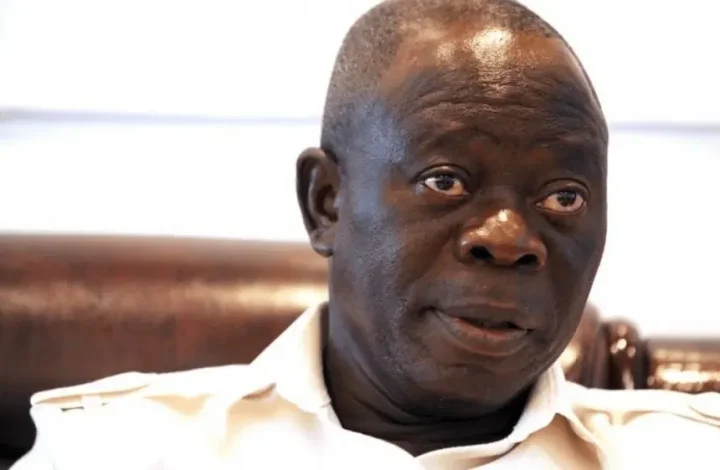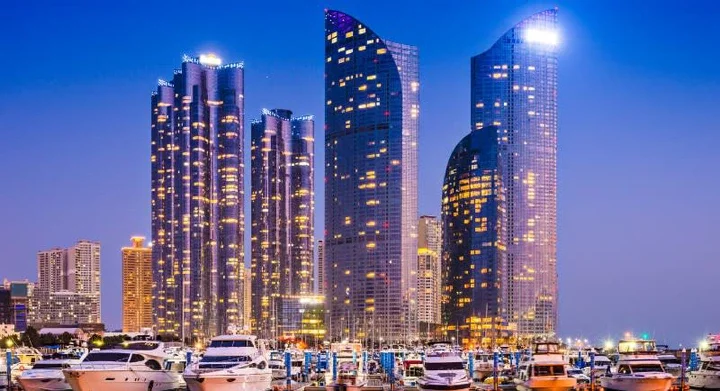
In a bid to address the economic hardship bedevilling the country and safeguard the health of Nigerians, governments at both federal and state levels have announced a series of proscriptions this year.
The hardship, heralded by the removal of fuel subsidy and the unification of the exchange rate in 2023, by President Bola Tinubu, is accentuated by high-flying inflation, leading to an astronomic increase in the prices of goods across the country.
So, to tackle the problems, the Federal Government thought it wise to ban some items to cushion the effects of the lingering economic crisis on Nigerians.
Here are five things the government has already banned this year.
1. Cooking gas export
On February 22, 2024, President Tinubu banned the exportation of Liquefied Petroleum Gas better known as cooking gas.
The president directed LPG producers and key stakeholders to stop exporting the commodity to increase the volume of the product within the country and subsequently crash its price.
Before the ban, it cost between ₦16,875 and ₦18,000 to refill a 12.5kg gas cylinder. However, one month after the ban, the price stands between ₦12,500 and ₦16,250 depending on the area.
2. Crypto firms
Amid the forex crisis that followed President Tinubu's economic policies, the Nigerian Communications Commission (NCC) blocked crypto firms including Binance, OctaFX, Crypto, FXTM, Coinbase, Kraken, and Forextime among others.
The commission said it made the move to avert what it considered continuous manipulation of the forex market and illicit movement of funds.
3. Ministers' foreign trips
In a bid to reduce the cost of governance, the president on Wednesday, March 20, 2024, banned his ministers and other government officials from embarking on public-funded trips to other countries.
The President in a letter addressed to George Akume, the Secretary to the Government of the Federation, said government officials who intend to embark on any public-funded international trip must seek and get his approval at least two weeks before proceeding on the trip.
According to the president, such trips must be 'deemed absolutely necessary.'
4. Styrofoam
In January, the Lagos State Government banned the use of non-biodegradable styrofoam, popularly called takeaway packs, and other single-use plastics in the state.
The state government said the ban was necessary due to the menace the 'takeaway packs' and other single-use plastics are causing.
Following the Lagos government step, the Government of Oyo State in March banned the use of styrofoam for food services, storage, and other related purposes.
The state government said the ban is part of its efforts to uphold food safety standards.
5. Sachet alcohol
Finally, the National Agency for Food and Drug Administration Control (NAFDAC) in February banned the sale and production of sachet alcohol to safeguard the health of Nigerians.
According to the agency, sachet alcohol contains as much as 30% of alcohol while beer contains just 4-8%.
NAFDAC said it decided to ban the product because its alcohol content is too much, adding that okada riders abuse it and children easily access it.
















Comments